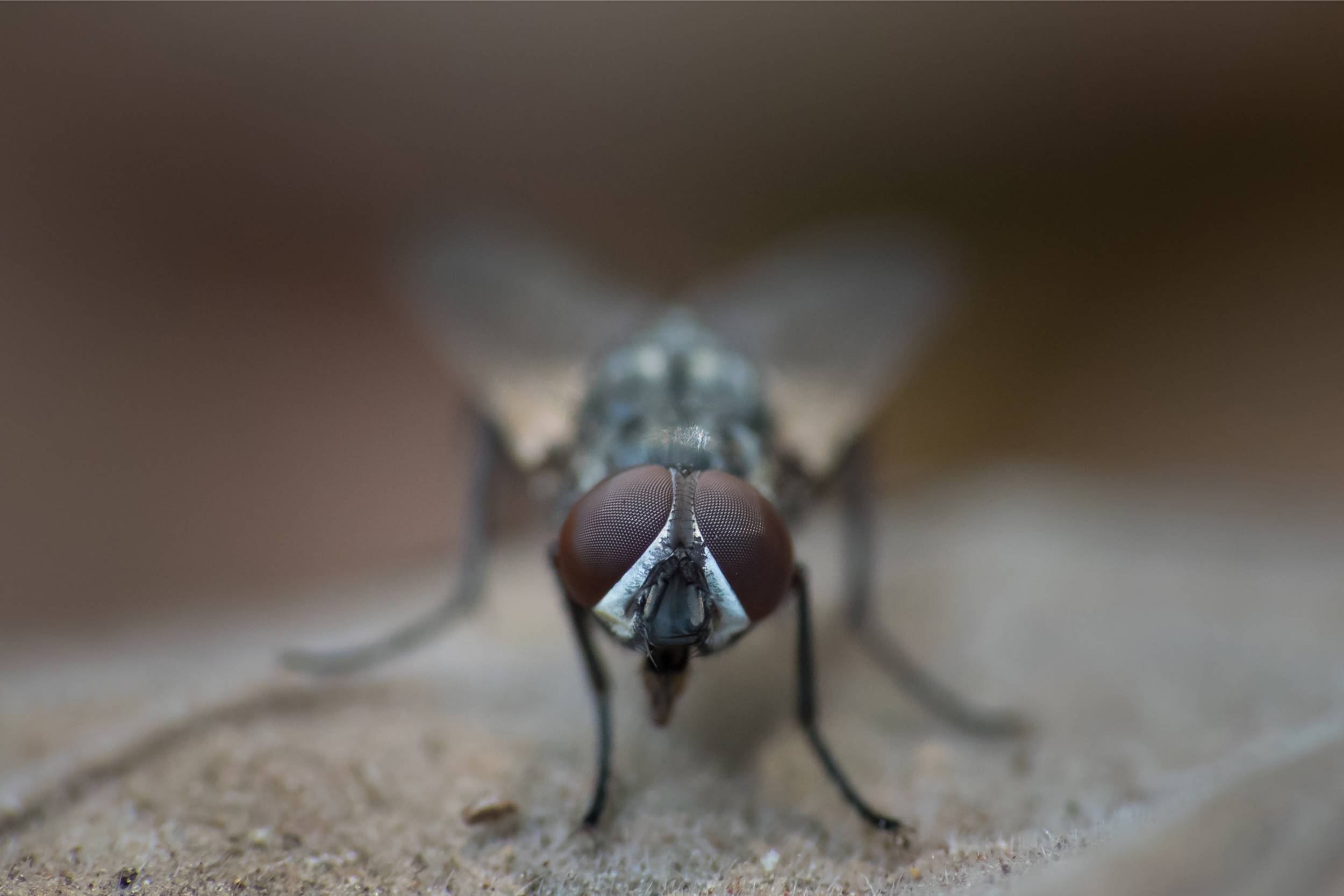ASF can survive a 30-day transoceanic voyage

African Swine Fever virus can survive a simulated 30-day transoceanic voyage in contaminated plant-based feed and ingredients, a new study shows.
The study, conducted by veterinary researchers in the United States, looked at the degradation of African Swine Fever (ASF) virus in animal feed ingredients to understand the potential for disease spread through contaminated feed. The study was published in the journal Emerging Infectious Diseases.
ASF virus on a 30-day transoceanic voyage
The paper examined the possible risk of ASF virus spreading to the United States through imported feed. The study provides more accurate half-life measurements that confirm the virus can survive a simulated 30-day transoceanic voyage in contaminated plant-based feed and ingredients.
Lead author of the scientific article was assistant professor Megan Niederwerder, Kansas State University. In an article on the website of Kansas State Uni she commented, “This study provides additional evidence supporting the potential risk that feed may play in the transboundary movement of ASF. Our latest work provides robust half-life estimates, which include standard errors and confidence intervals, and characterises the stages of viral decay over time for ASF virus in animal feed ingredients.”
Total viable virus concentration
Detailed analysis shows that the half-life of ASF virus in feed ranges from 9.6 to 14.2 days after exposure to varying temperature and humidity conditions simulating transoceanic shipment. This means it would take about 2 weeks for the total viable virus concentration to decay by half its original count under the conditions of a transatlantic voyage. Dr Niederwerder said that all feed matrices provided a more supportive environment for viral stability when compared to media, where the shortest half-life was calculated.
Read more on pig health issues in our Pig Health Section
The new study expands on Dr Niederwerder’s earlier work and can be used to implement science-based management practices such as storage time to reduce this risk.
She said, “Transmission of swine viruses through feed has been recognised as a risk since around 2013, but the probability of ASF virus infection through plant-based feed was unknown until our publication earlier this year. Our research reports novel data and important quantitative information that can be incorporated into risk models for introduction and mitigation of ASF virus through imported feed ingredients.”
Infections in the Philippines and East Timor
Over the last months, ASF virus has not only emerged in Asia, but also shown capable of hopping to the Philippines as well as East Timor. Theoretically, North America can also be reached.
Dr Niederwerder said, “ASF virus is a rapidly spreading and emerging transboundary animal disease that threatens pork production and human food security worldwide. The emerging threat of ASF virus being introduced into the United States is staggering and significant efforts are focused on preventing entry.”
The research in Emerging Infectious Diseases was authored by Assistant Prof Megan Niederwerder, Ana Stoian, Trevor Hefley and Prof Bob Rowland, Kansas State University; Prof Jeff Zimmerman and Ju Ji, Iowa State University; Scott Dee, Pipestone Veterinary Services; and Diego Diel, Cornell University College.











